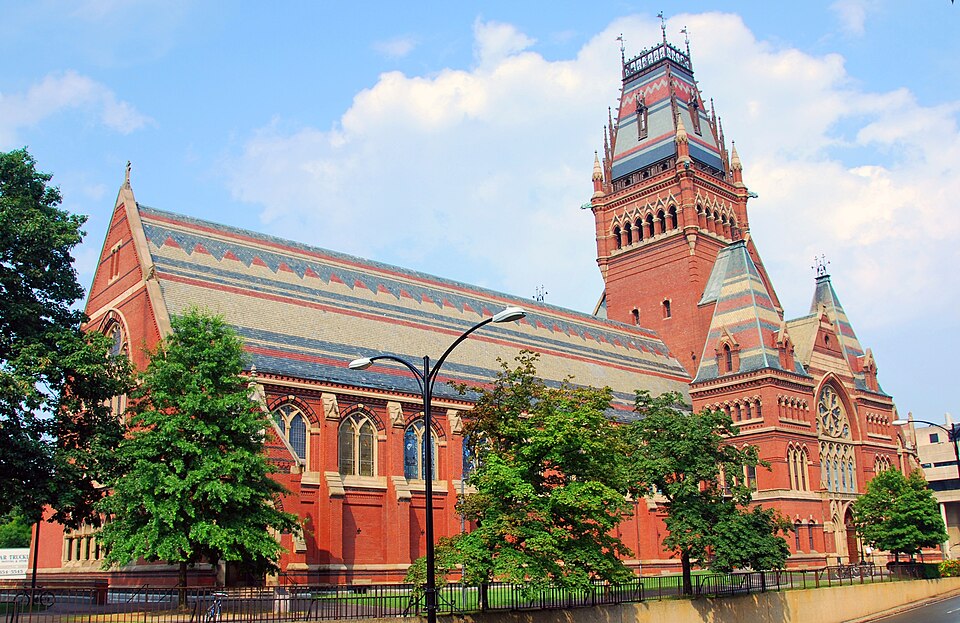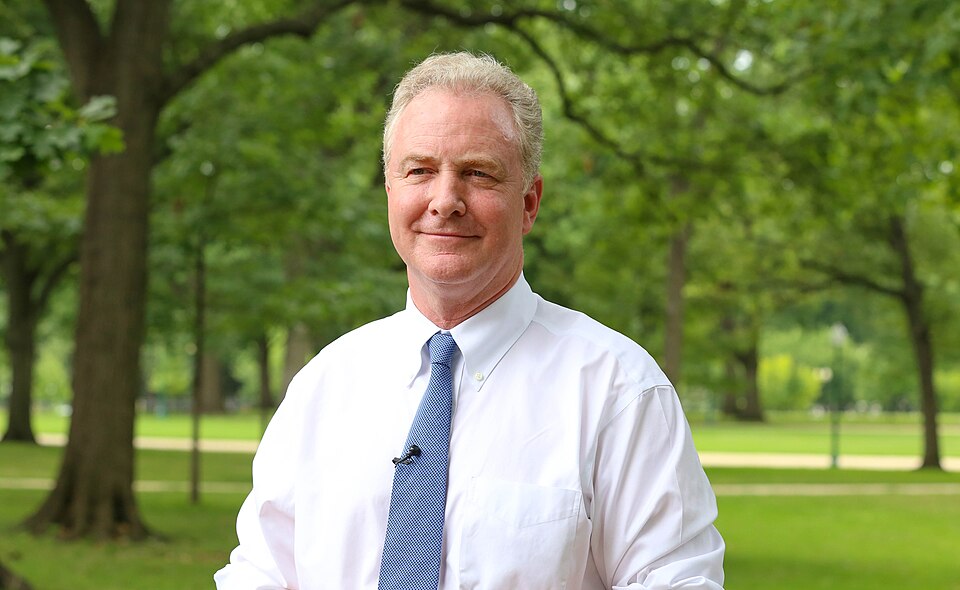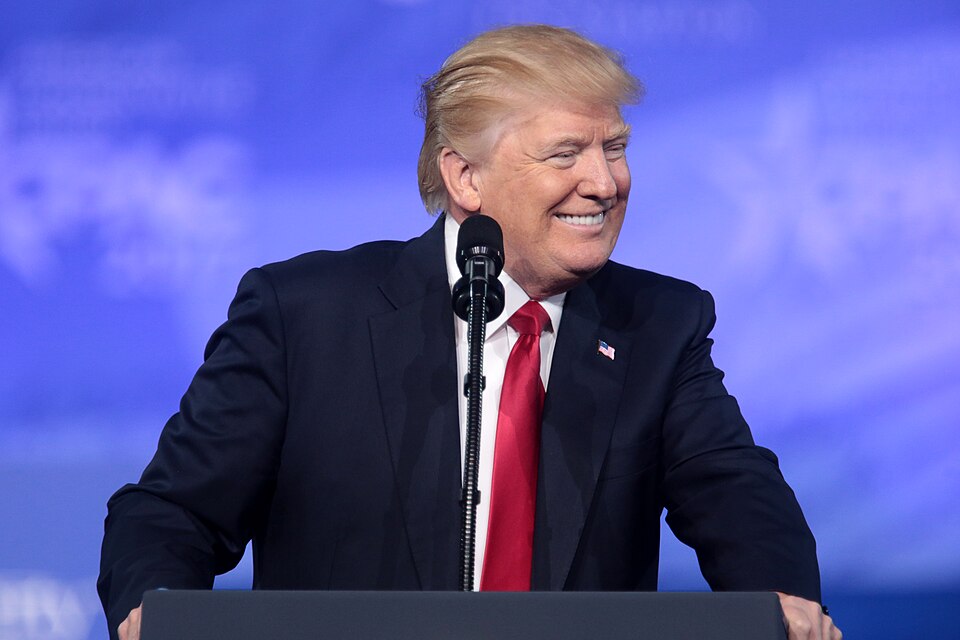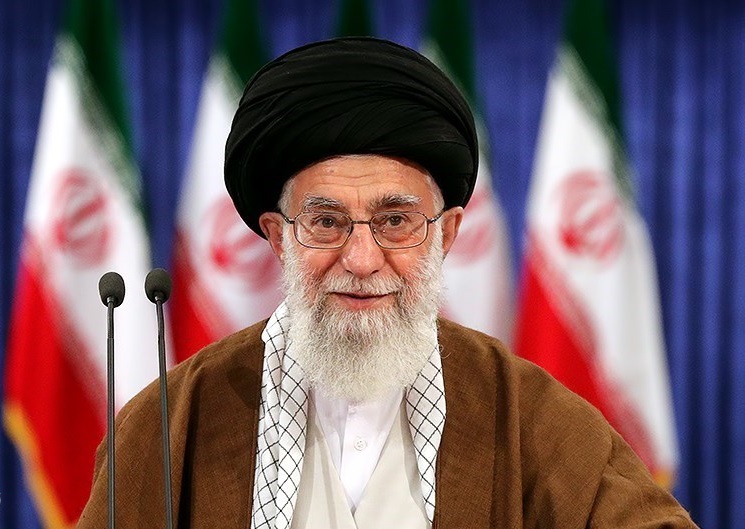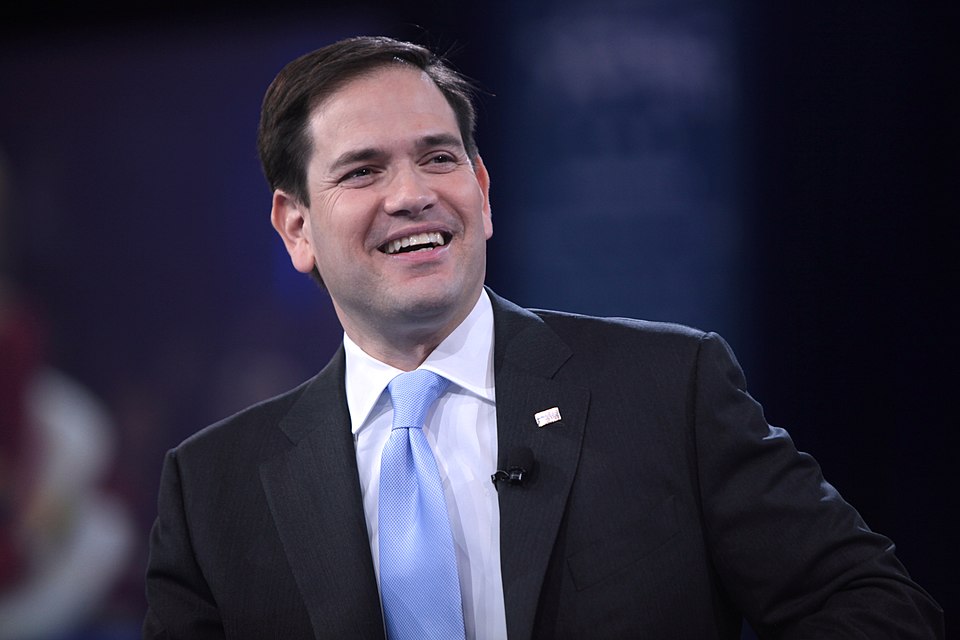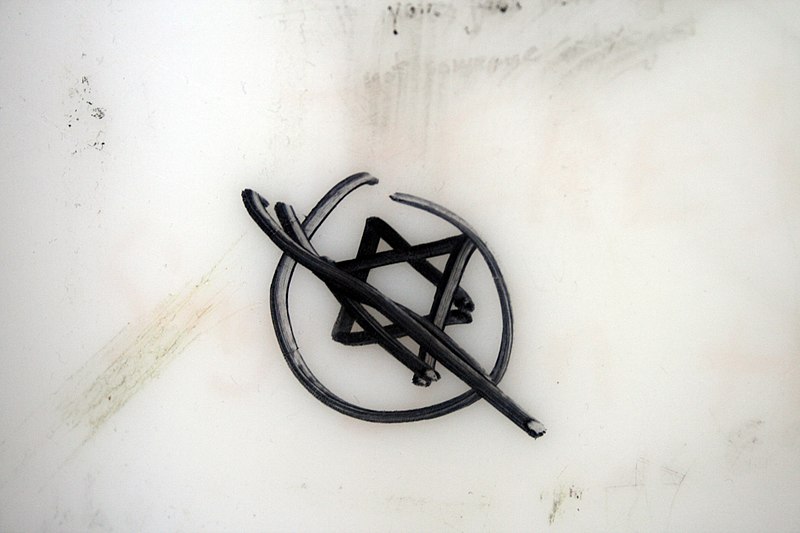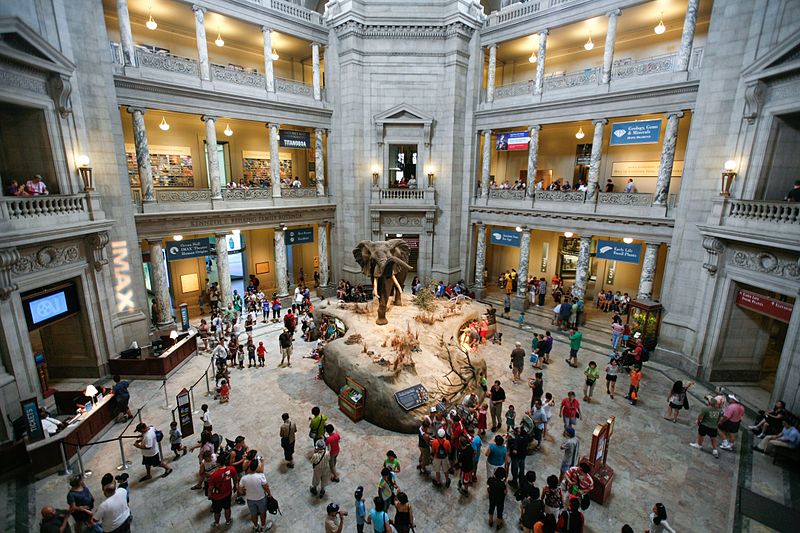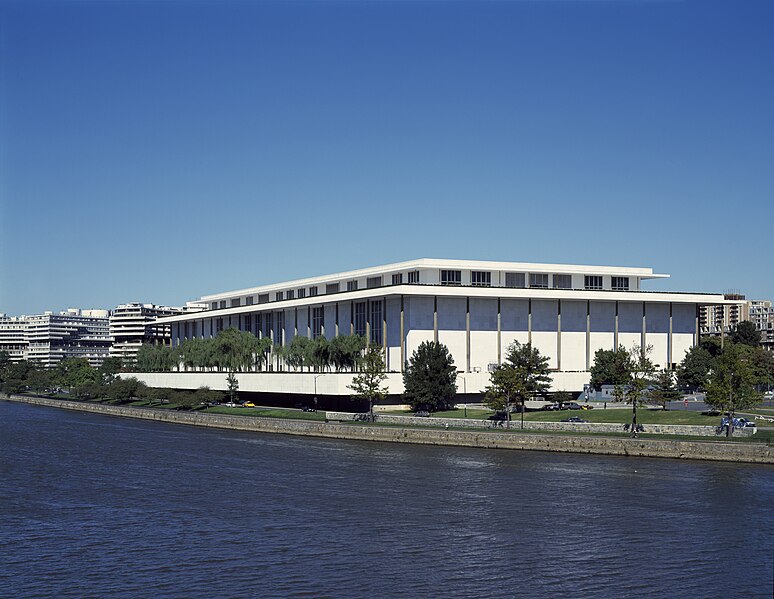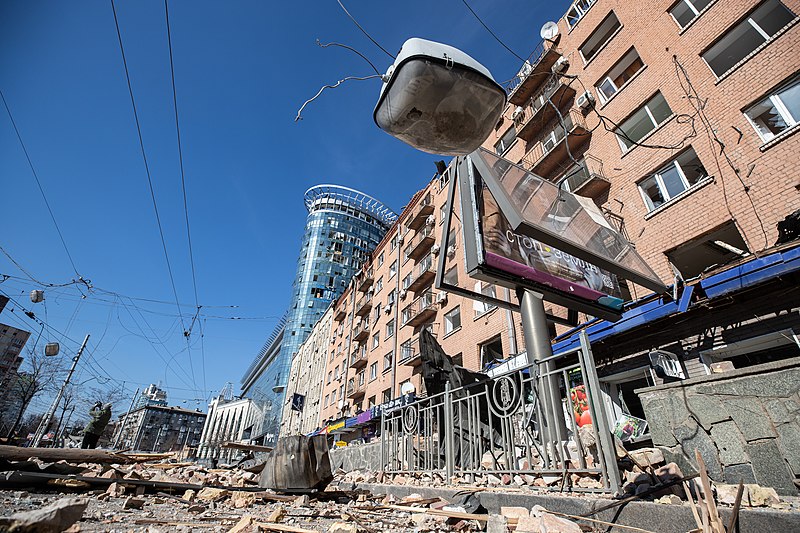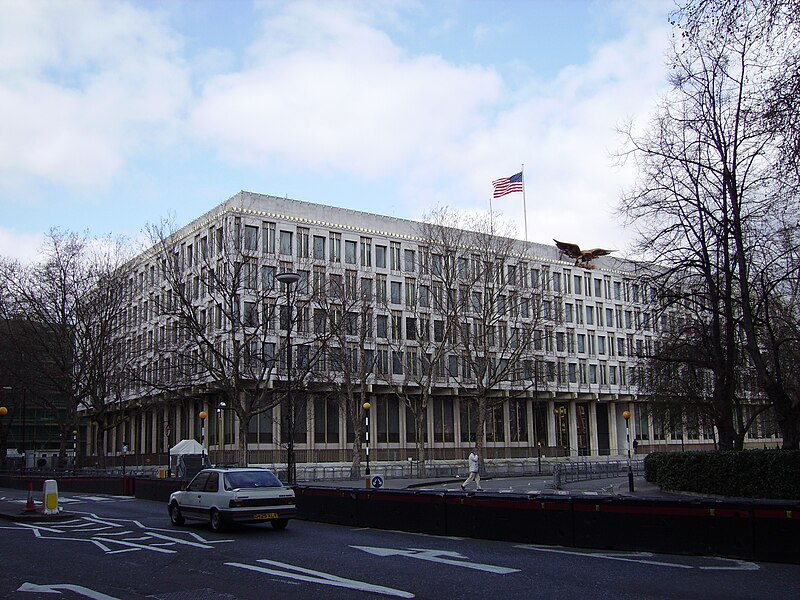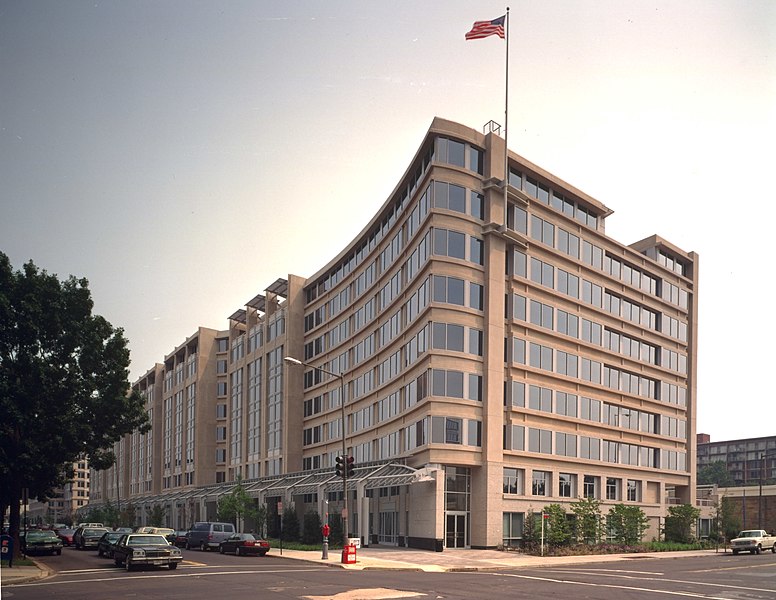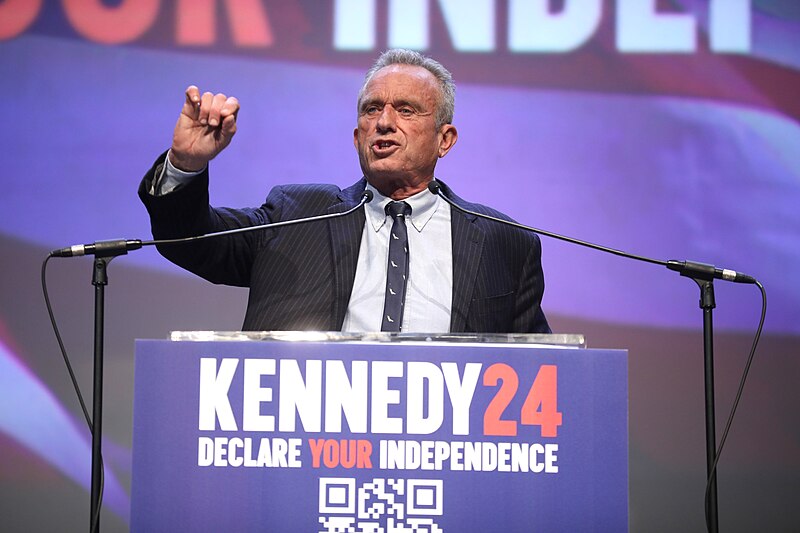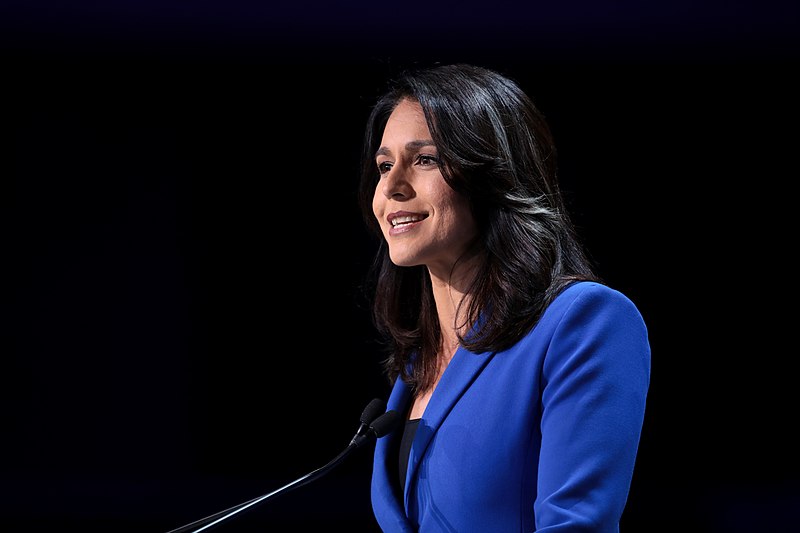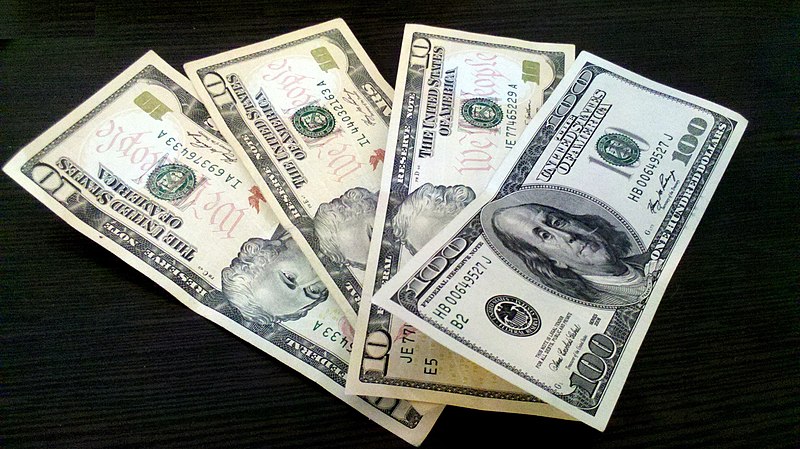
A delegation from the United States Commission on International Religious Freedom (USCIRF), tasked with monitoring religious freedom globally, abruptly ended their visit to Saudi Arabia after
officials demanded that Rabbi Abraham Cooper, co-chair of the commission, remove his kippah.
The incident occurred during a visit to Diriyah, a UNESCO World Heritage site near Riyadh, where Saudi officials requested Rabbi Cooper to remove his kippah while in public. Despite the intervention of US embassy staff, who supported Rabbi Cooper's decision to decline the request, Saudi officials escorted the delegation out of Diriyah. Subsequently, the delegation opted to cut short their visit to Saudi Arabia.
The delegation, which arrived in Saudi Arabia on March 3, had been invited to visit Diriyah, the historic home of the Saudi royal family. The visit had faced several delays, and the exact date of the incident remains unspecified. Notably, the Ministry of Foreign Affairs of Saudi Arabia had approved the delegation's visit.
Rabbi Cooper expressed disappointment, stating, "No one should be denied access to a heritage site, especially one intended to highlight unity and progress, simply for existing as a Jew." He emphasized that the incident occurred amidst a surge in global antisemitism, making it untenable for the USCIRF delegation to continue their visit.
Rev. Frederick A. Davie, another leader of the delegation, condemned the incident as "stunning and painful," asserting that it highlighted Saudi Arabia's deviation from international norms. The USCIRF has consistently designated Saudi Arabia as a "country of particular concern" due to its persistent violations of religious freedom.
In response, the Saudi embassy attributed the incident to a "misunderstanding of internal protocols" and expressed regret. The embassy affirmed its commitment to welcoming Rabbi Cooper back to the Kingdom.
Rabbi Cooper, known for his engagement with Arab leaders in the Gulf, has actively contributed to fostering relations between Arab states and Israel. However, the incident underscores the challenges of religious freedom in Saudi Arabia, despite the country's efforts to implement social and economic reforms under the Vision 2030 plan.
While Saudi Arabia has embarked on reforms to diversify its economy and promote cultural openness, the USCIRF's latest report underscores ongoing concerns about religious freedoms in the kingdom. The report highlights discrimination against non-Muslims and stringent religious laws governing apostasy and blasphemy. Photo by Ali Lajami, Wikimedia commons.

